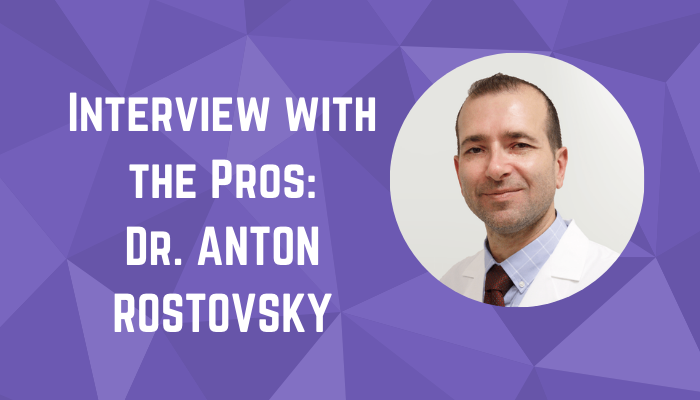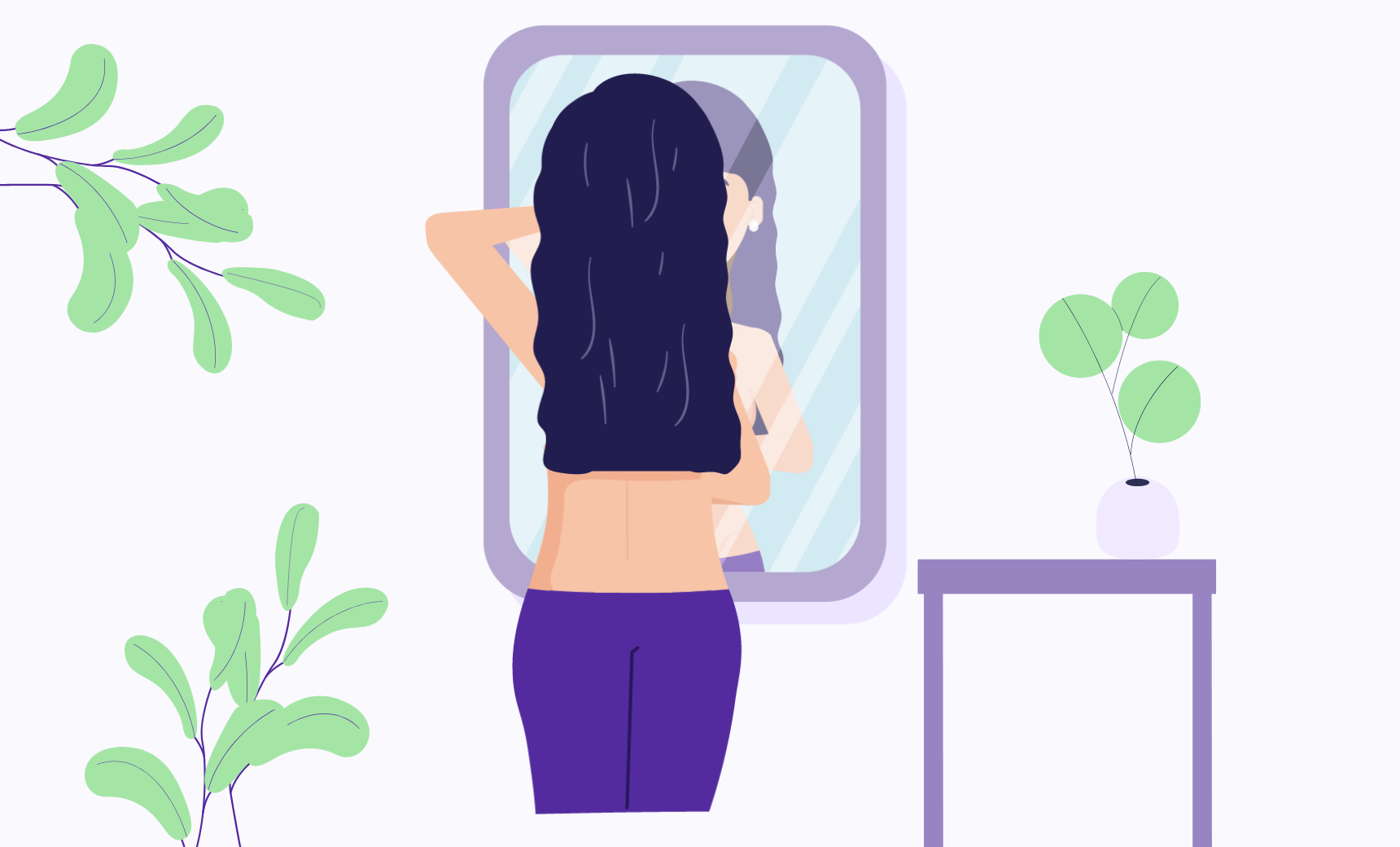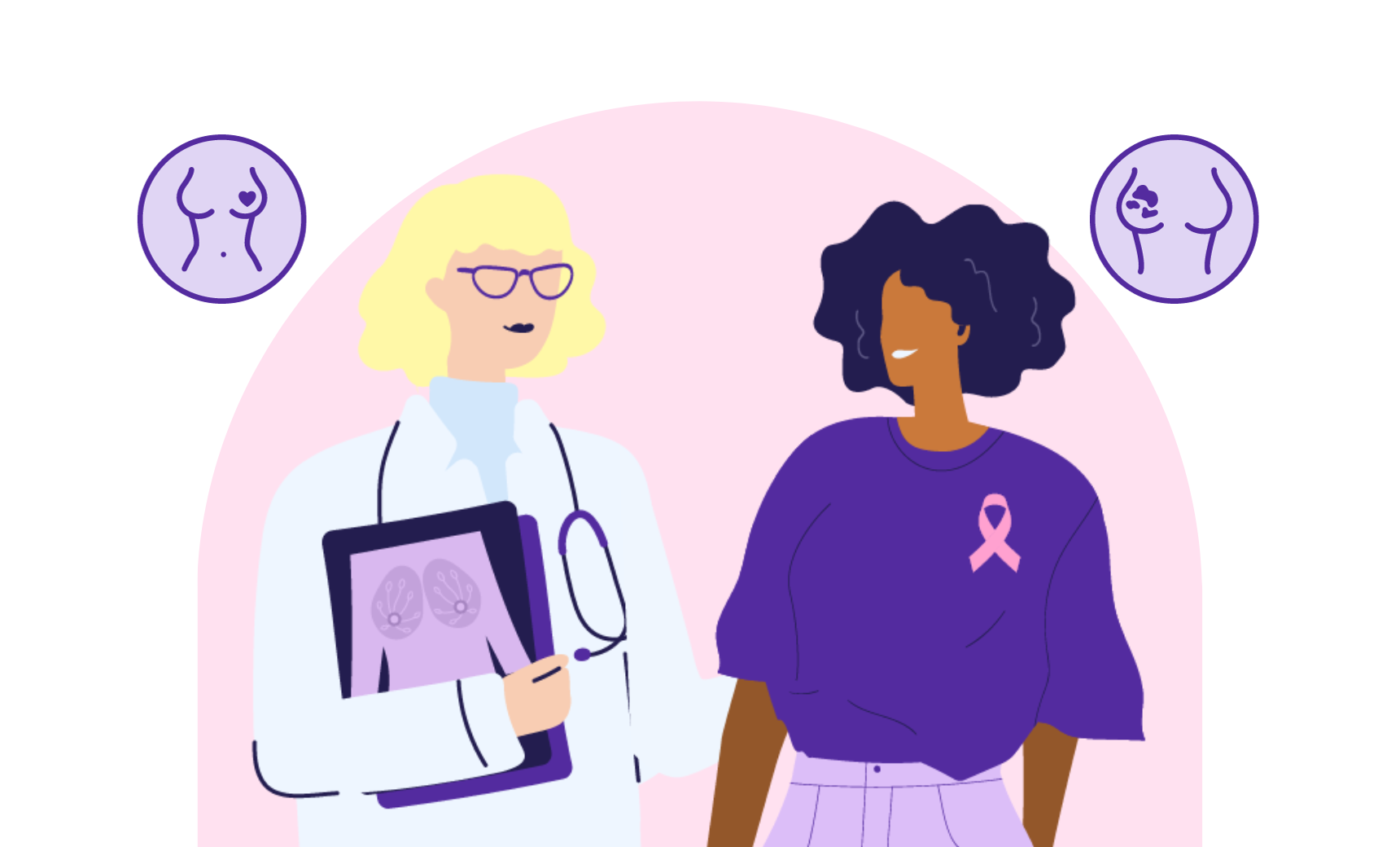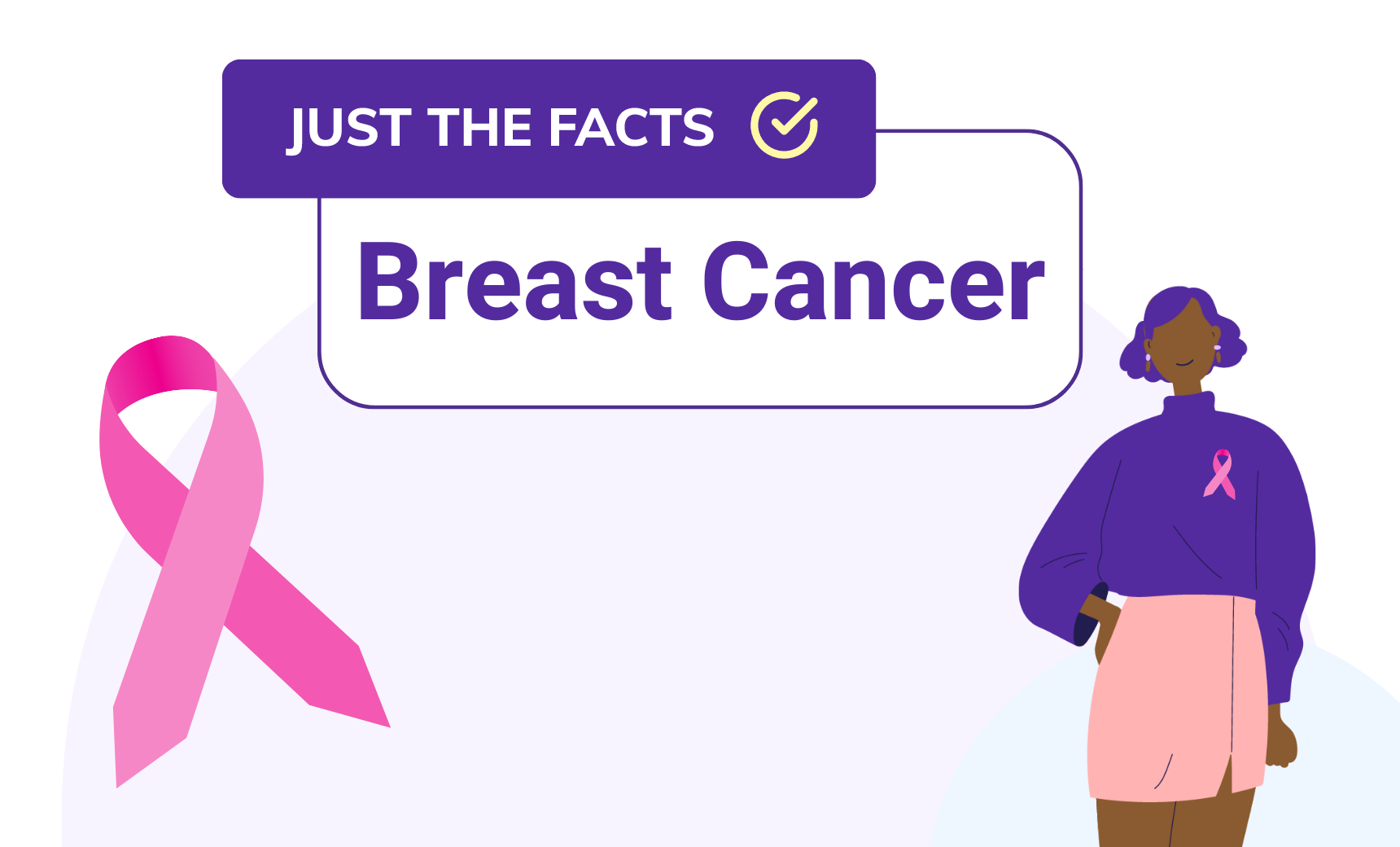
What Can I Do For My Lungs After COVID?
Dr. Anton Rostovsky of Medical Offices of Manhattan discusses the effect COVID-19 has on your lungs and what you can do to treat it or prevent it from worsening.
One of the more confounding aspects of the COVID-19 pandemic has been the wide range of symptoms and effects that the coronavirus may have from person to person. While the virus may have no apparent symptoms for some people, it can be life-threatening for others. Unfortunately, even initially mild cases can linger for weeks, even months (an occurrence sometimes referred to as “long COVID”), or have after-effects which continue to plague the respiratory system for a significant amount of time even after the virus is no longer present. These creeping post-COVID symptoms should always be reported to your doctor, as they may continue to cause long-term health issues and affect your quality of life.
What effect does coronavirus have on the lungs?
Severe coronavirus cases can cause viral pneumonia, in which one or both lungs is infected, causing them to become inflamed and fill with fluid. Pneumonia can be treated and typically abates within a matter of weeks, but can damage your lungs, leaving them weakened and more susceptible to other infections after COVID-19.
What are the symptoms that may persist after coronavirus infection?
One study found that roughly a third of COVID-19 patients reported lasting symptoms after having the coronavirus. These include shortness of breath, excessive tiredness and fatigue, and lingering loss of taste and smell. These persistent symptoms are most common in people who are over the age of 65, but can affect patients of all ages.
How can the source of post-COVID symptoms be diagnosed?
Diagnosis will depend on the condition and symptoms being exhibited after COVID-19. An x-ray may show lung inflammation, one of the common residual symptoms of the coronavirus. A CT scan of the chest should be performed if you are experiencing persistent severe shortness of breath post-COVID.
What will be seen on the CT Scan if coronavirus has greatly affected lung health?
If you are experiencing difficulty breathing or other respiratory issues following the coronavirus, a scan may show scar tissue and signs of chronic inflammation and decreased lung capacity. A CT chest scan after severe coronavirus may reveal excessive scarring of lung tissue and significantly impeded lung capacity.
What can I do to strengthen my lungs after COVID?
Treatment of the respiratory aftermath of the coronavirus will depend on the type and severity of any lingering effects on the lungs. Your doctor may refer you to a lung specialist, physical therapist, or cardiologist to create a plan of care. Pulmonary rehabilitation under physician supervision may be done to strengthen lungs which have been damaged by coronavirus. Lifestyle modifications may also help – some studies indicate that a low-fat diet may help improve lung function. You should return to exercise only after you have gotten the go-ahead from your doctor, and make sure to work your back way up to fitness slowly, as over-exertion may be particularly dangerous after COVID-19.
The best defense against COVID-19 remains avoiding it, so it’s important to continue social distancing, hand-washing, and other safety practices as vaccines are distributed and the pandemic winds down. However, if you have had the coronavirus and are still experiencing symptoms such as excessive fatigue or difficulty breathing, it’s important to notify a doctor as soon as possible. Post-COVID respiratory illness is treatable but the longer it goes ignored, the more likely it is to cause serious long-term problems.




Brian Tidal
The LabFinder Editorial Team is behind The Illuminator and The Insider, LabFinder’s consumer and business blogs.
Dr.Robert Segal
Dr. Segal is CEO and co-founder of LabFinder, as well as a board-certified cardiologist. He began practicing medicine in 2002 and has founded several businesses, including Medical Offices of Manhattan and Manhattan Cardiology.